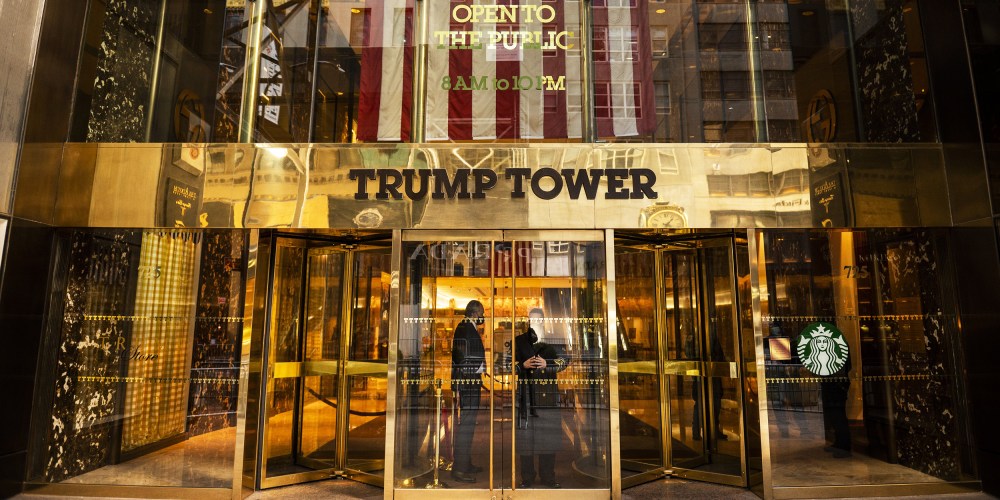UPDATE (Jan. 13, 2023, 9:30 a.m. ET): The Trump Organization was fined $1.6 million by a New York judge on Friday for running a 15-year tax fraud scheme that prosecutors said was orchestrated by top executives, including former Chief Financial Officer Allen Weisselberg.
During a 2016 presidential debate, Donald Trump said he didn’t pay taxes because he’s “smart.”
Turns out, he also doesn’t pay taxes because he cheats — or at least, his organization does. And if his brand can be convicted, then maybe so can he.
During a 2016 presidential debate, Donald Trump said he didn’t pay taxes because he’s “smart.”
On Tuesday, a New York jury returned a verdict against the Trump Organization, finding the former president’s company guilty on 17 counts of tax fraud and related crimes. The scheme involved providing certain employees with untaxed benefits, such as Manhattan apartments, luxury cars, private school tuition and cash bonuses. Employees and the company failed to disclose those payments on tax returns, making them a form of hidden compensation.
While the verdict was technically against a Trump corporate entity, it also stains the Trump family. During the trial, the prosecution presented evidence that Donald Trump himself personally paid for tuition for the grandchildren of Chief Financial Officer Allen Weisselberg, who pleaded guilty for his role in the scheme and testified at trial. The evidence also showed that Trump approved a salary reduction that matched the value of benefits provided to another employee. In his closing argument, prosecutor Joshua Steinglass argued that this evidence showed Trump was “explicitly sanctioning tax fraud.”

Corporations may be found guilty of crimes when two factors are met. First, the misconduct must be committed by high-level executives with the authority to act on behalf of the company. Second, the misconduct must have been committed at least in part to advance the interests of the company. By finding the Trump Organization guilty, the jury found that untaxed fringe benefits to corporate executives benefited the company as well as the employees.
But the verdict is significant by other measures. For one thing, it achieves some measure of accountability. And it sends the message that some cheaters, at least, are eventually caught.
The scheme described by prosecutors benefitted company employees by artificially reducing the taxable income they needed to declare on their personal income tax returns. In exchange for a lower salary, they received undeclared perks. The scheme also benefited the Trump Organization. By providing unreported benefits to certain employees, the organization made it appear that the total compensation for those employees was lower than it actually was. The lower tax bill cheated the people of New York out of their rightful tax revenue. The scheme also cheated other companies in the real estate industry with whom the Trump Organization competes. Every dollar the Trump Organization saves in tax liability can be used to obtain a competitive advantage in the marketplace. The guilty verdict says that society will not tolerate companies that conceal taxable income to game the system.












